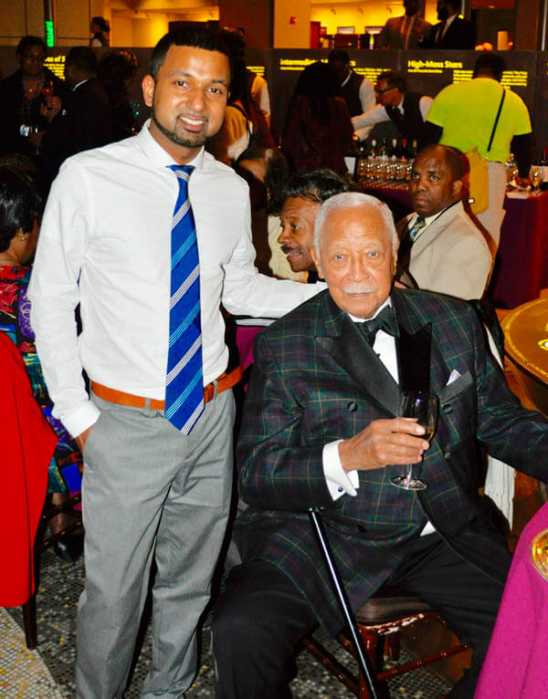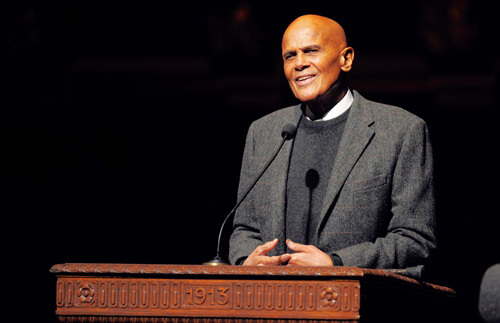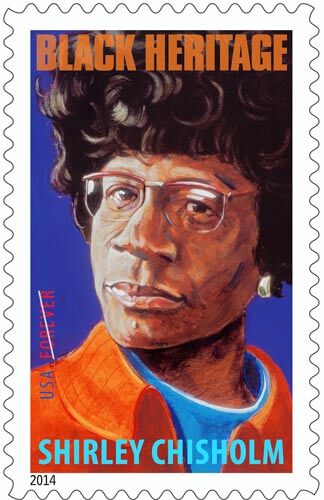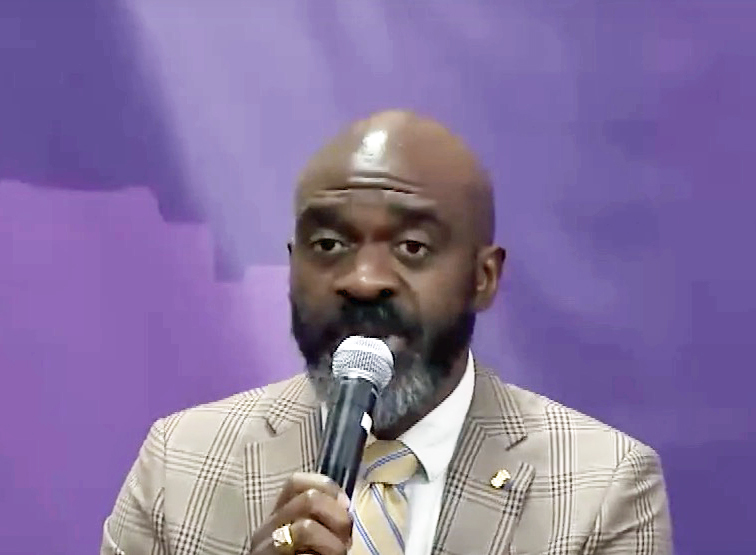While these historical figures still inspire us, African Americans today continue to break down barriers and make history. Nearly eight years ago, President Barack Obama became the first African-American man to be elected President of the United States. As his presidency comes to an end, the legacy he leaves behind will continue to inspire future generations.
New York State, in particular, has played a significant role in black history. In 1838, James Weeks bought a plot of land in Brooklyn that became one of America’s first free black communities. The neighborhood of Weeksville was home to many freed slaves from the south and at its height was home to 700 families.
Our state also served as home to many prominent black history icons. Born in Brooklyn, Shirley Chisholm served as a member of the New York State Assembly until 1968. She then became the first black woman elected to Congress and went on to be the first female candidate to run for president in 1972. A Harlem native, Colin Powell became the United States’ first African-American Secretary of State in 2001. Liberation leaders such as Marcus Garvey and Malcolm X both lived and worked in New York.
Throughout our nation’s history, we have seen African Americans rise, breaking through barriers that limited freedom, education and wealth. African American History Month is a time to honor that perseverance and strength. As we celebrate this year, it’s important to recognize that the fight for equality is not over. We must continue to expose the future generations of our youth to the rich history of their African American ancestors, providing critical lessons needed to better understand themselves and motivate them to build upon the legacies of our great leaders.


























